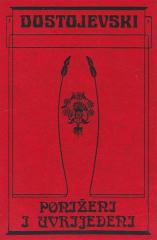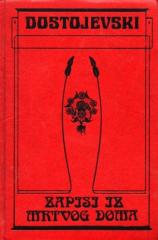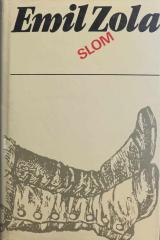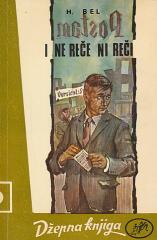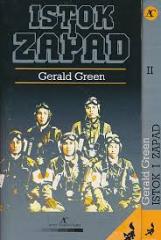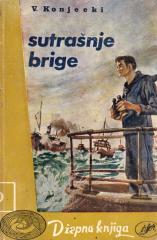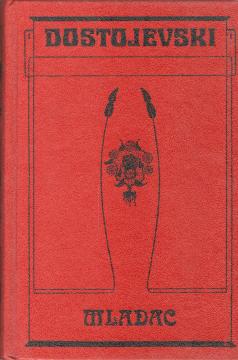
Mladac
„Mladić“ (1875) Fjodora Dostojevskog je složen roman o odrastanju, moralnim borbama i društvenim sukobima u Rusiji 19. veka. Roman, iako manje poznat, snažno prikazuje unutrašnju borbu i društvene tenzije, sa naglaskom na veri i pomirenju.
Narator je Arkadij Dolgoruki, dvadesetogodišnji mladić, vanbračni sin plemića Versilova, koji se bori sa osećanjima inferiornosti i traži svoje mesto u svetu. Arkadij stiže u Sankt Peterburg noseći pismo koje bi moglo da kompromituje istaknute ličnosti, uključujući i mladu udovicu Katarinu.
Njegov odnos sa Versilovim, harizmatičnim, ali nestabilnim ocem, obeležen je divljenjem i razočaranjem. Versilovljev dvosmislen odnos sa Katarinom i njegove filozofske ideje o Rusiji i Evropi dodatno komplikuju zaplet. Arkadij se upliće u društvene intrige, kockanje i sukobe, pokušavajući da dokaže svoju vrednost. Njegova opsesija „idejom“ bogatstva i moći odražava unutrašnju borbu između ideala i sebičnosti.
Roman istražuje teme generacijskog sukoba, traume vanbračnog porekla i potrage za identitetom. Kroz Arkadijeva iskustva, Dostojevski kritikuje moralnu prazninu aristokratije i nihilističke tendencije mladosti. Sporedni likovi, poput staraca Makara, donose duhovnu dimenziju, dok složeni odnosi otkrivaju psihološku dubinu Dostojevskog. „Mladić“ se završava tako što Arkadij sazreva, prihvata skromnije ideale i suočava se sa svojom prošlošću.
One copy is available
